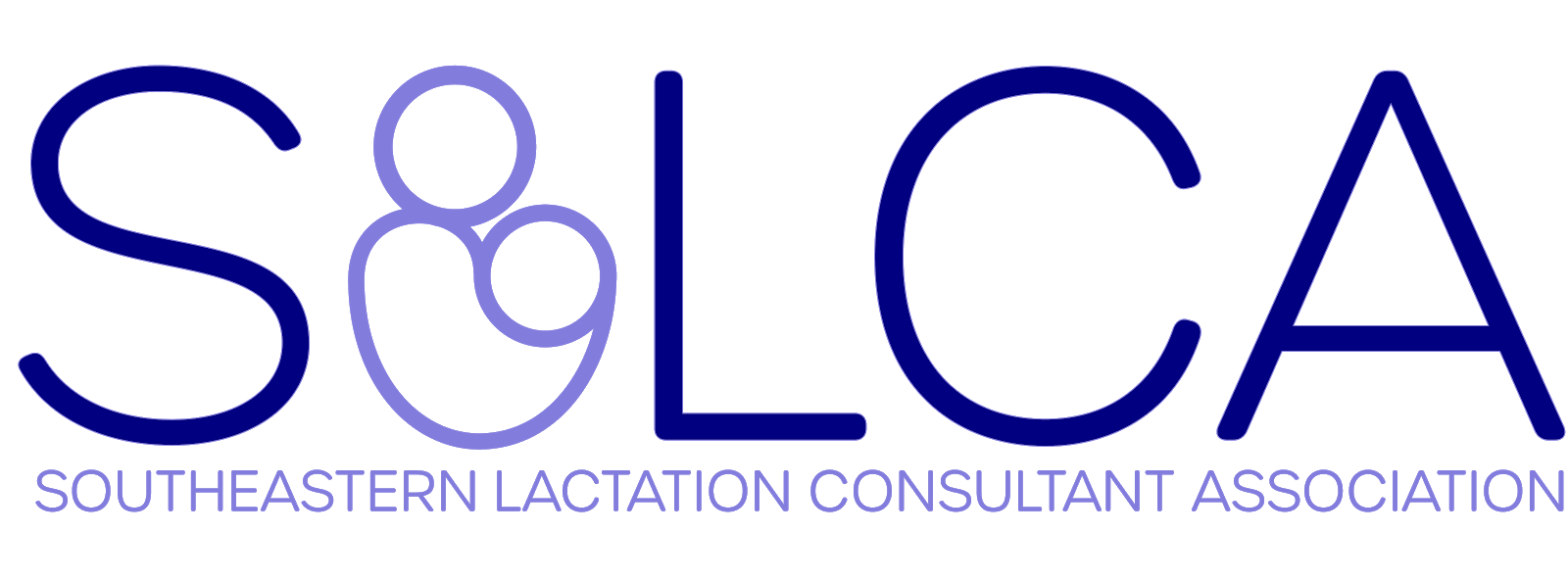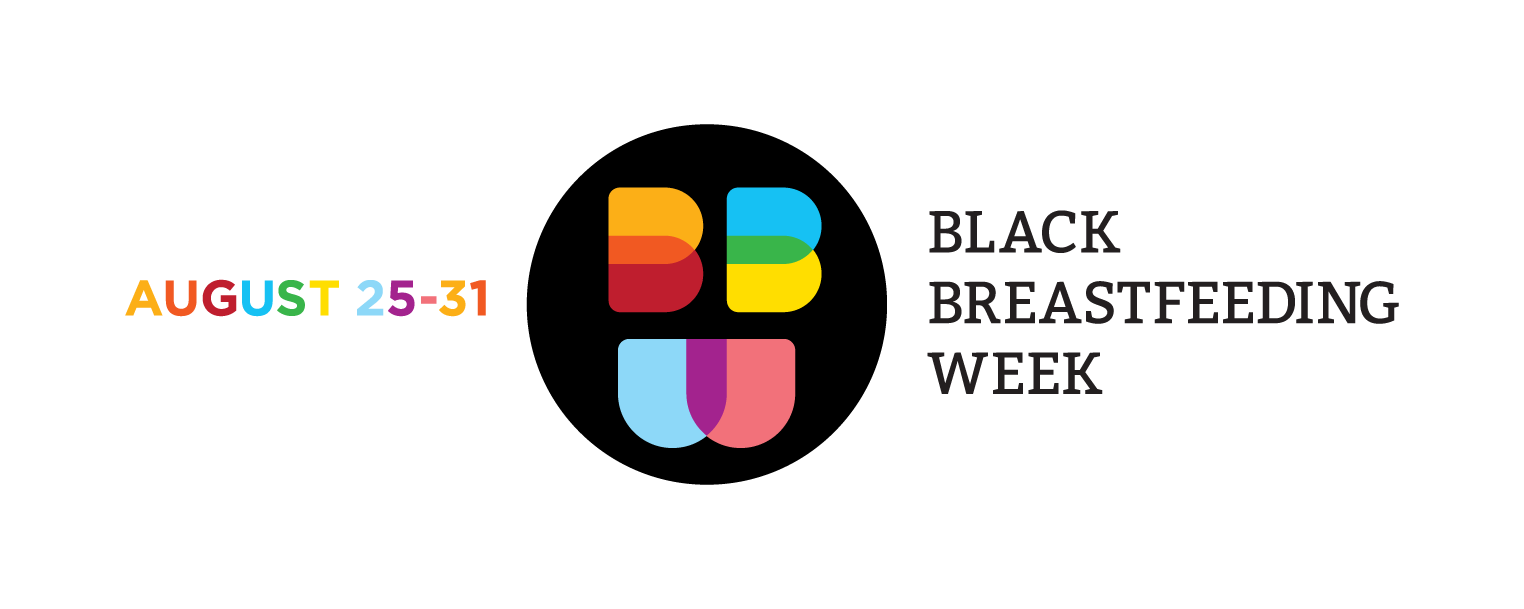Last year, in response to a listicle challenge by Stacy Davis, BA, IBCLC, SELCA highlighted Kiana Ayers, RN, IBCLC with this #BBW post.
As an update to last year’s #BBW post on emerging leaders, we come back to SELCA Treasurer Kiana Ayers, who has in 2018 moved beyond emerging and established herself as a leader in lactation care in Georgia. Kiana embodies #LoveOnTop by continually serving the black community in Georgia in new ways. In addition to her important and expanding work at Amerigroup, Kiana has opened a private practice in partnership with Tashara Johnson, called A Mother’s Answer.
The team at A Mother’s Answer feels that the importance of prenatal education and lactation support is underestimated, stating that “[r]esearch shows when women receive prenatal and lactation education early in their pregnancies, they have an increase in positive birth outcomes. They also have an increase in breastfeeding initiation and duration.” Kiana and Tashara provide expectant and new parents with educational resources and most importantly, the confidence to advocate for themselves during the prenatal period, labor/delivery, and postpartum.
SELCA Outreach Coordinator, Claire Eden, caught up with this busy dynamic duo via email to ask a few questions about #BBW and their efforts to support black families:
You two have worked together for a while, what made you decide to go into private practice?
Birth Work is so fragmented- meaning you go one place for prenatal care, one place for childbirth education and still another for lactation education. Although our primary work is lactation right now, we will eventually provide the whole spectrum of services in one place. We want to provide prenatal care, childbirth education, and lactation education- all during the prenatal period. We see that women who are better educated during the pregnancy have better outcomes. We also see that the more natural the birth, with less interventions, the easier breastfeeding is. We want women to have access to childbirth classes and doulas so that breastfeeding can get off to a much smoother start.
As a mission-based for profit we hope to be able to funnel resources from our paying clients and provide free resources for low income women in our communities. We also hope to serve as a free resource for other women of color to get eduction in birth work.
What challenges have you faced/are you facing in getting your private practice off the ground?
Money! It’s expensive to invest in all of the things that are required to start a business. Time is limited as well as we both work full time and we both have four children. Navigating the world of insurance and signing up with insurance companies is also challenging. Note: SELCA is hosting a billing workshop as part of our upcoming conference, and has billing FAQs on our website… we want to help with these challenges!
What do you love about your work?

Tashara: I love helping moms overcome any barriers that are causing them to not be able to breastfeed. I love working with young moms and the moms who are the first people in their families to breastfeed. I love to empower women to make informed choices and know the options that they have regarding their care
Kiana: I love the fact that we are able to make choices about the way we want to provide care. We don’t have to ask anyone’s permission to make changes to our current practice.
How do you balance private practice with your ‘day job’?
It’s not challenging right now because we are a new practice. As we grow we’ve already identified partners that can help us if a need comes up and we’re both busy with work.
What advice do you have for others considering private practice?
Stop talking about it and just do it. The private practices that are already in existence are great resources for you as well. Don’t look at it as a huge project. Just do one step at a time. Note: SELCA’s Private Practice Special Interest Group is a great way to network and ask questions, too!
Why is black breastfeeding week important?
Black breastfeeding week is important because black women face higher rates of infant and women mortality rates in Georgia. There’s not enough of access to safe spaces where black women can go to give and receive information. Black breastfeeding week highlights the existing resources that are available, but also shows that we are severely limited in what we offer women of color throughout the state. We need help to change our landscape and hopefully help to decrease the risk of a woman dying in childbirth simply because of her lack of access to culturally competent care and providers that would really listen to her.
What are you doing to celebrate black breastfeeding week?
We are supporting others by posting their events on our Instagram page and we are attending events held in the community.


